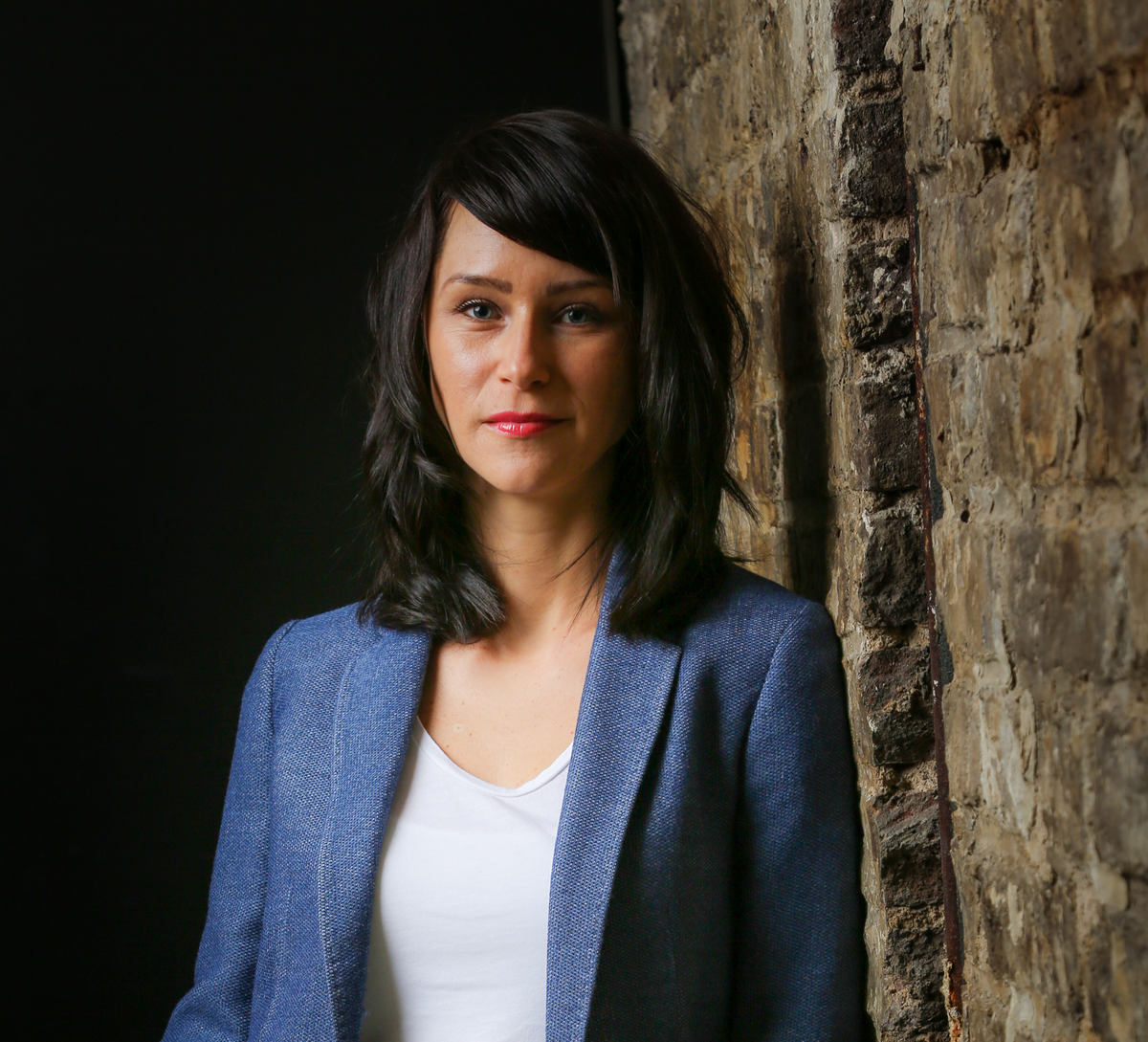
Andreas Diekmann
ETH Zurich (CH) and University of Leipzig (DE)
Trust, Trade, and Technology. Theory and Research on Trust Relations in the Digital World
All commercial transactions have faced a trust problem - from ancient history to digital society now. However, solutions vary and depend on the technology available.

Jana Diesner
University of Illinois (USA)
Impact of Human Decision Making on Social Computing Research
Using computational methods, such as techniques from AI and machine learning, for studying social structure and behavior requires scholars and practitioners to make a plethora of choices, such as how to prepare data for analysis, implement algorithms, measure effects, and validate results. I present findings from our work on assessing the impact of choices that humans have to make as part of research design and data analytics processes on our understanding of social systems, highlight sources of potential biases, and suggest strategies for mitigating biased insights.

Dirk Helbing
ETH Zurich (CH)
Digital Society and Sustainability Transition - Grand Challenges for the Social Sciences
With the digital revolution, a perfect storm is brewing that could even surpass the impact and scale of the industrial revolution. Many new digital technologies have spread. Any of these could turn entire business models and business sectors upside down, and even established institutions are being challenged.

Ridhi Kashyap
University of Oxford (UK)
Measuring Global Gender Inequality Indicators Using Large-Scale Online Advertising Data
Ridhi Kashyap’s talk will highlight how real-time aggregated demographic information about the user base of online platforms, usually made available to advertisers, can be repurposed by researchers as a type of ‘digital census’ to measure global development and gender inequality indicators.
Michael Mäs
University of Groningen (NL)
Do Filter Bubbles Foster Opinion Polarization? What We Know and What We Need to Know to Answer this Question
In this talk, Michael Mäs reviews the public and scholarly debate about the effects of web personalization on opinion polarization. While he echos the warning that personalization can affect societal processes, he argues that we leap to conclusions when we propose that personalization is responsible for increased polarization.

Suzy Moat
University of Warwick (UK)
Sensing Human Behavior with Online Data
Suzy Moat’s and her colleague’s research investigates whether data from Google, online photos and even online games can help researchers gain new insights into human behavior.

Sophie Mützel
University of Lucerne (CH)
Sociological Research in the Digital Age: Analytical and Methodological Challenges and Opportunities
The rise of big data – data that are large, diverse, often unstructured, and concern an array of phenomena – poses new challenges as well as opportunities to the social sciences and their claim to empirically analyze and explain the social world. Tools and algorithms of computational linguistics, machine learning, and network analysis, which help to identify patterns and to reduce complexity in large digital or digitized data sets, are challenging traditional tool kits of social science methods.

Wojtek Przepiorka
University of Utrecht (NL)
The Effectiveness of Online Reputation Systems to Promote Social and Economic Exchange
Reputation promotes trust in online traders, their products and services. But can we trust the ratings and reviews about online traders? Wojtek Przepiorka’s research investigates the opportunities and pitfalls of online reputation systems with the aim to establish quality criteria by which online reputation systems can be assessed.

Markus Strohmaier
RWTH Aachen and GESIS - Leibniz Institute for the Social Sciences (DE)
Modeling of Minorities in Social Networks Computational Social Science, Computational Social Systems
Homophily can put minority groups in social networks at a disadvantage by restricting their ability to establish links with people from a majority group. This can limit the overall visibility of minorities in the network, and create biases. In this talk, Markus Strohmaier will show how the visibility of minority groups in social networks is a function of (i) their relative group size and (ii) the presence or absence of homophilic behavior. In addition, the results show that perception biases can emerge in social networks with high homophily or high heterophily and unequal group sizes, and that these effects are highly related to the asymmetric nature of homophily in networks. This work presents a foundation for assessing the visibility of minority groups and corresponding perception biases in social networks in which homophilic or heterophilic behaviour is present.

Claudia Wagner
University Koblenz-Landau and GESIS - Leibniz Institute for the Social Sciences (DE)
Digital Manifestations of Gender Bias
Contemporary and historic gender inequalities and bias manifest on the web. Measuring these biases and inequalities is important since we need to raise awareness and avoid that algorithms reinforce biases and inequalities. This talk is firstly about measuring the manifestations of gender bias and inequality in a widely used online information system (Wikipedia) and secondly about measuring one root of the problem, sexist attitudes. I will describe the methodological challenge we face when trying to measure psychological or sociological constructs like attitudes based on platform-generated digital traces of humans.

Nils Weidmann
University of Konstanz (DE)
Remote-Sensing Digital Interactions: Using Network Measurement for Political Science Research
Internet traffic measurements can serve as a valuable resource for social science research. Nils Weidmann’s talk briefly introduces the technical background behind this approach and gives three examples from the field of political science.

Emilio Zagheni
Max Planck Institute for Demographic Research (DE) and Washington State University, Seattle (US)
Using Digital Trace Data for Demographic Research